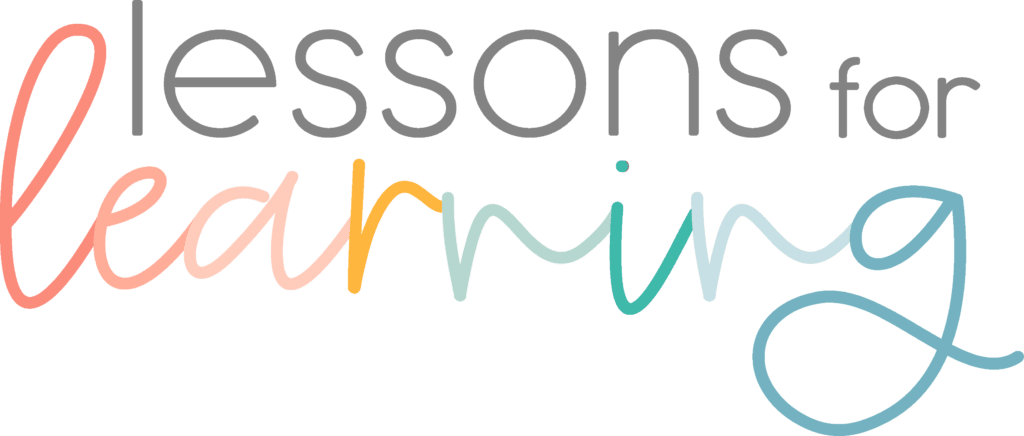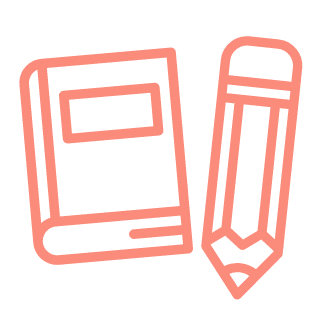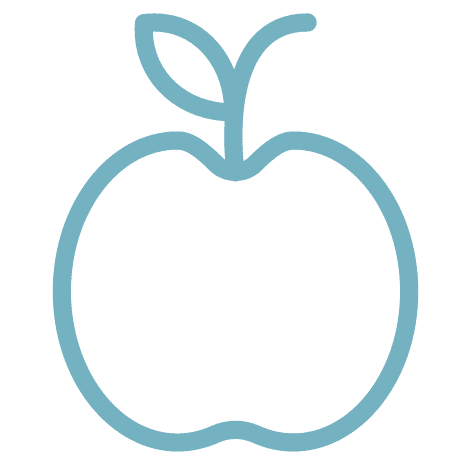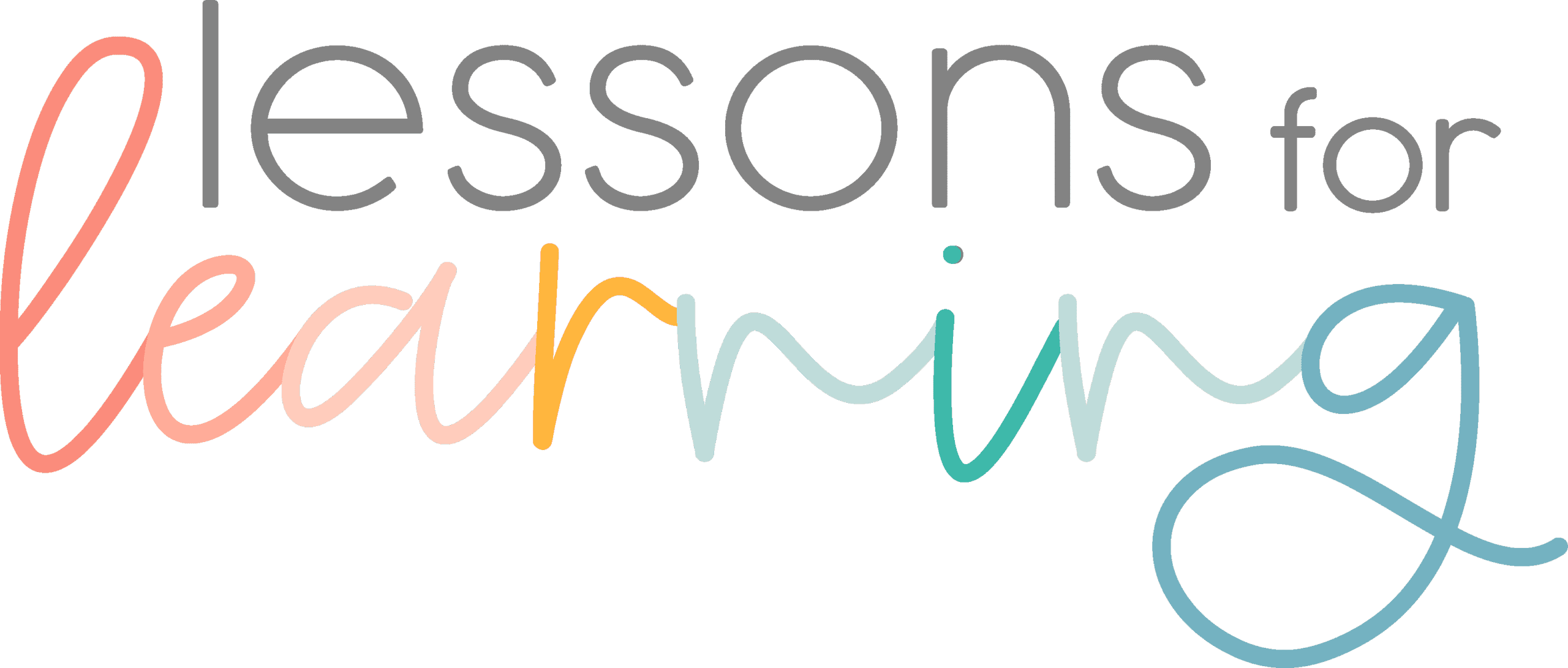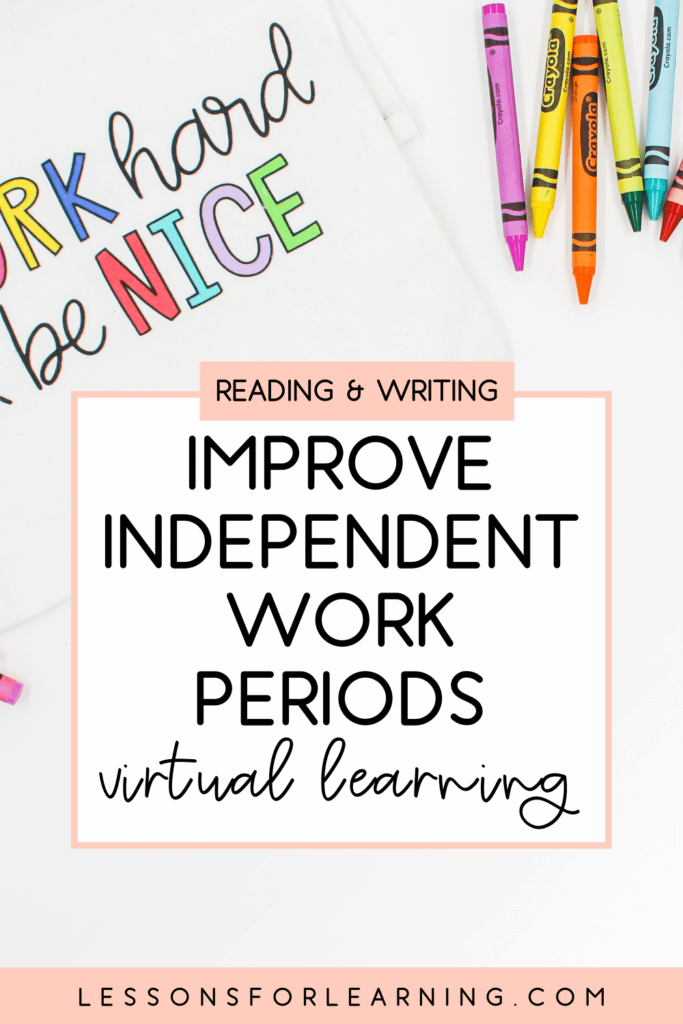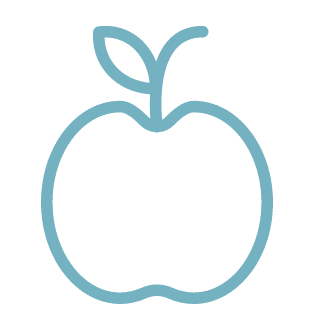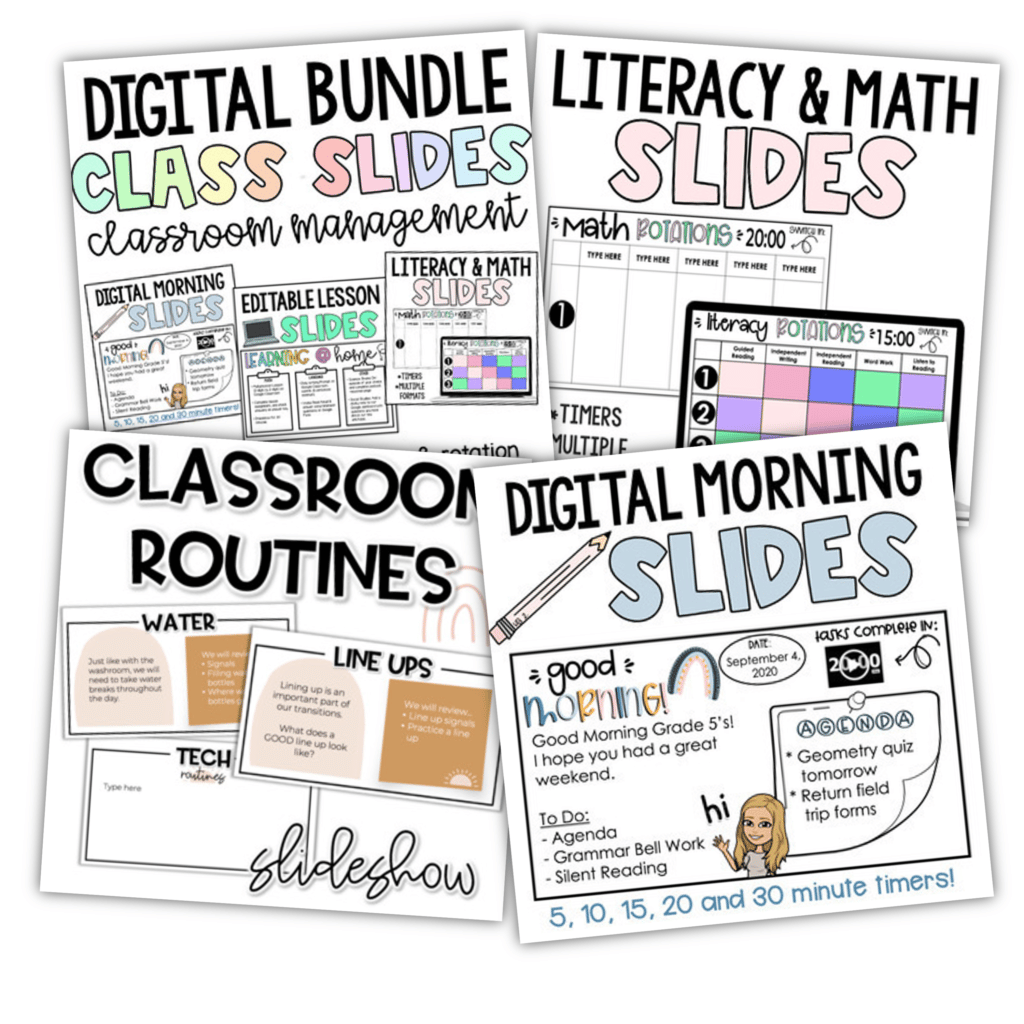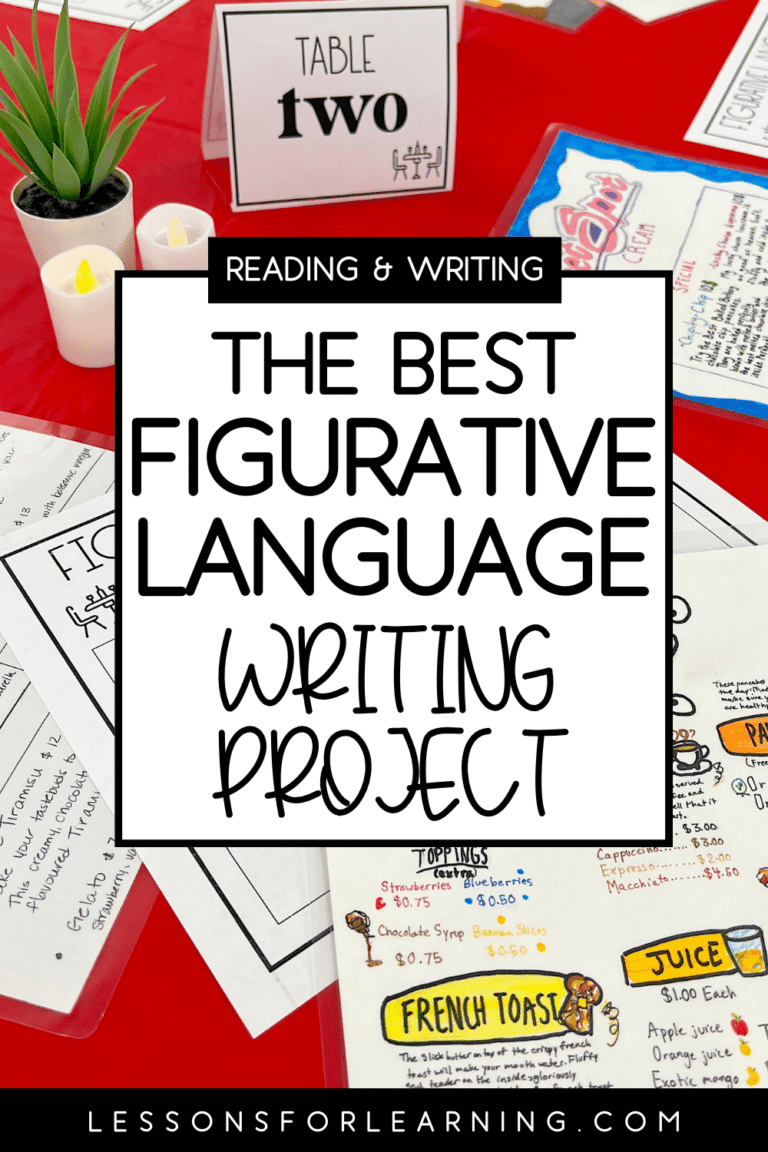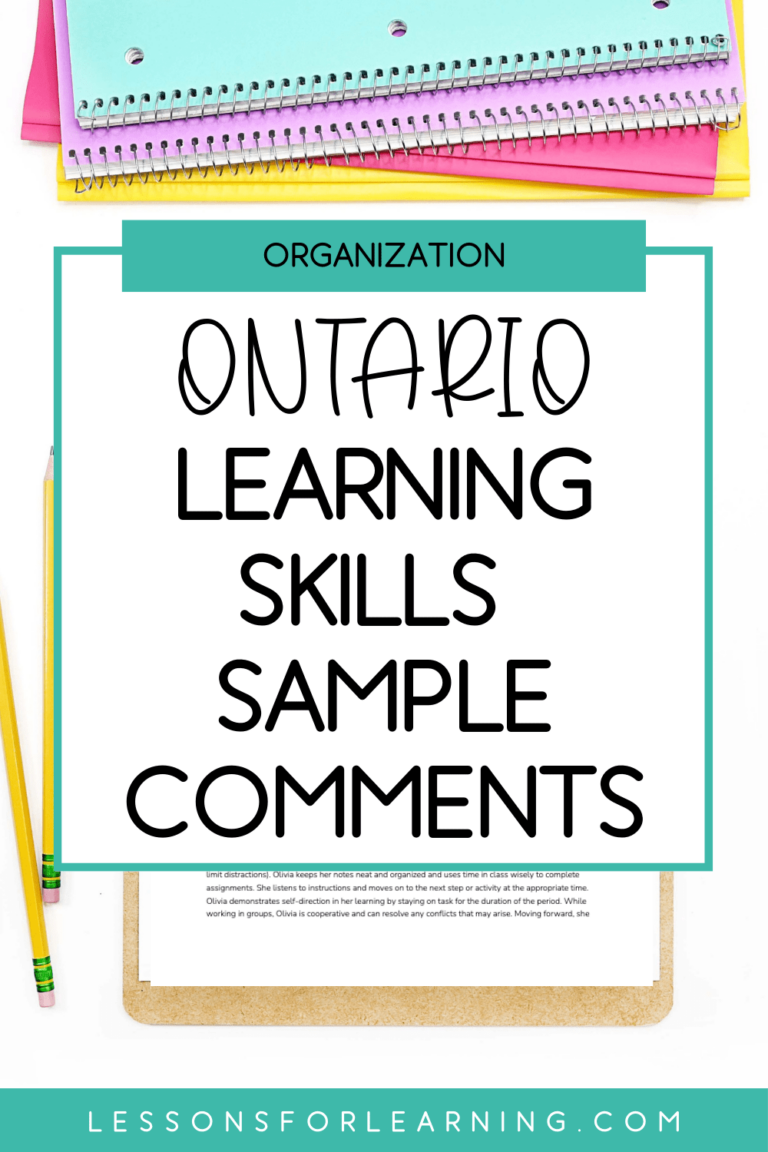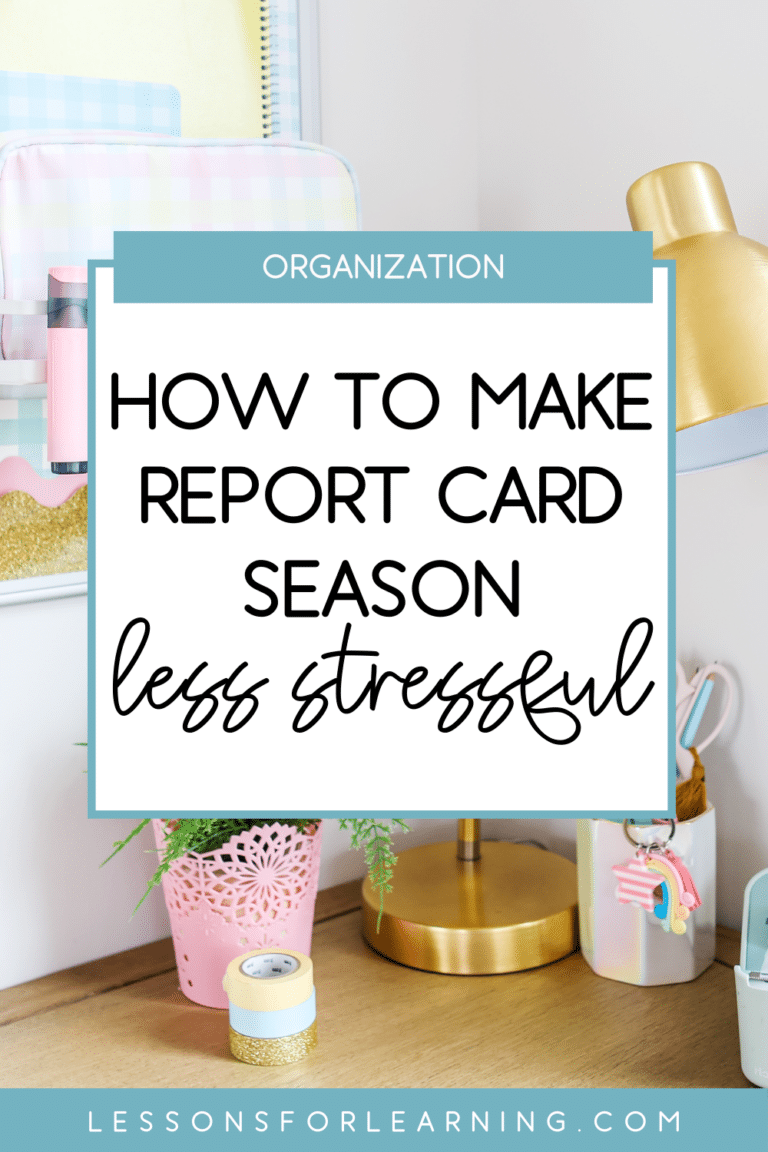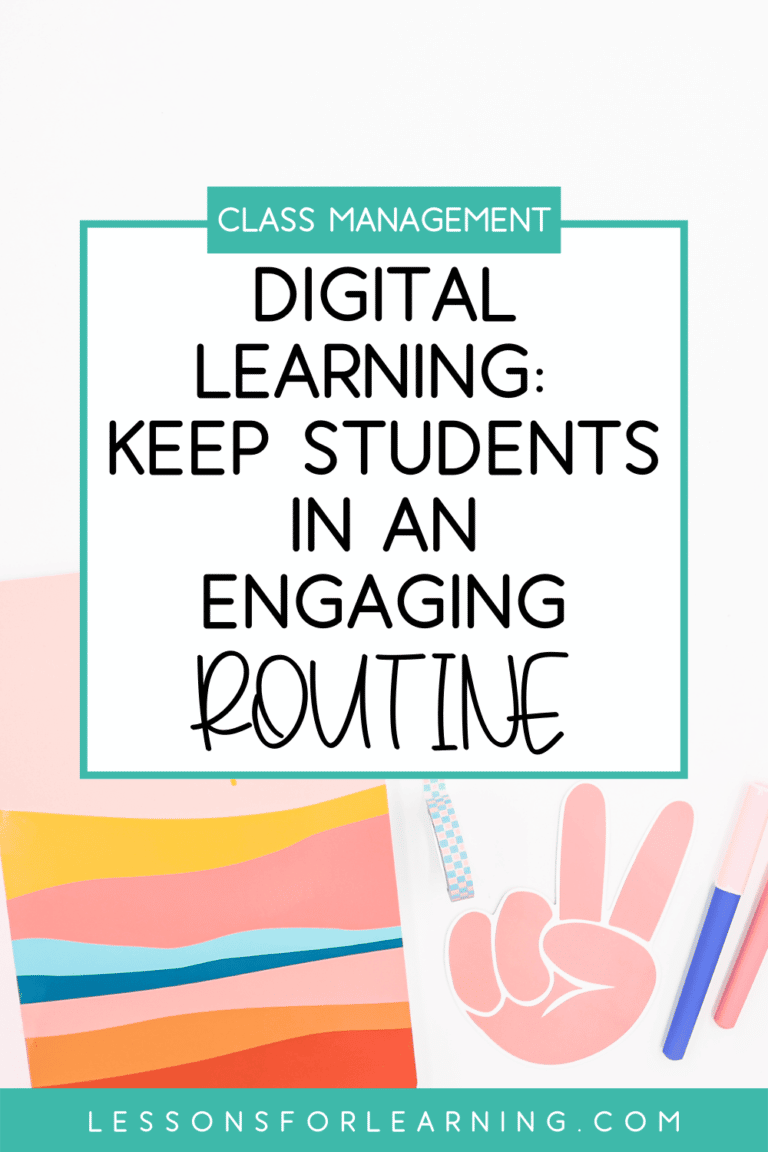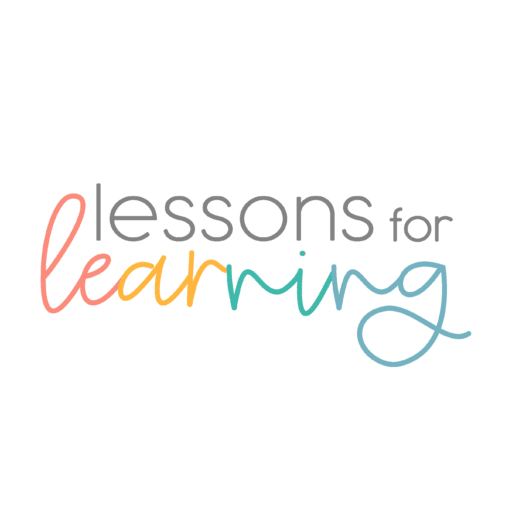It is difficult to get students to complete meaningful independent work in the classroom. Distance learning has made that even harder.
How many times do you think “asynchronous learning” was searched on Google this year? ? Rightfully so. What should they be doing during these times? How can we ensure that we are giving them meaningful tasks that they can do without direct support from a teacher or adult?
After much trial and error, I have finally rounded up my top 3 favourite activities for students to work on independently during reading and writing. These can be used online or in-class.

Writing Prompts
One of my favourite activities to assign as independent work in English is a set of writing prompts. Writing prompts allow students to work at their own level and don’t require any differentiating or direct-teaching from you. They can do their best and take up with you in a conference or small-group later.
I have been using digital writing prompts in my class long before distance learning and school closures were a thing. Students LOVE the interactive choice board and ability to write without worrying too much about printing, spelling or grammar.
You can find my year-long digital writing prompts below or simply create your own on Google Slides or PowerPoint and assign. The writing prompts I use have a choice board on the first slide (with linked and clickable options) and 9 slides that follow. Students work on one prompt at a time and submit the entire slideshow when complete.
Since it is digital, it is easy to mark. You also don’t need to take a huge stack of writing journals home with you. Win-win. Click the image below to check it out!
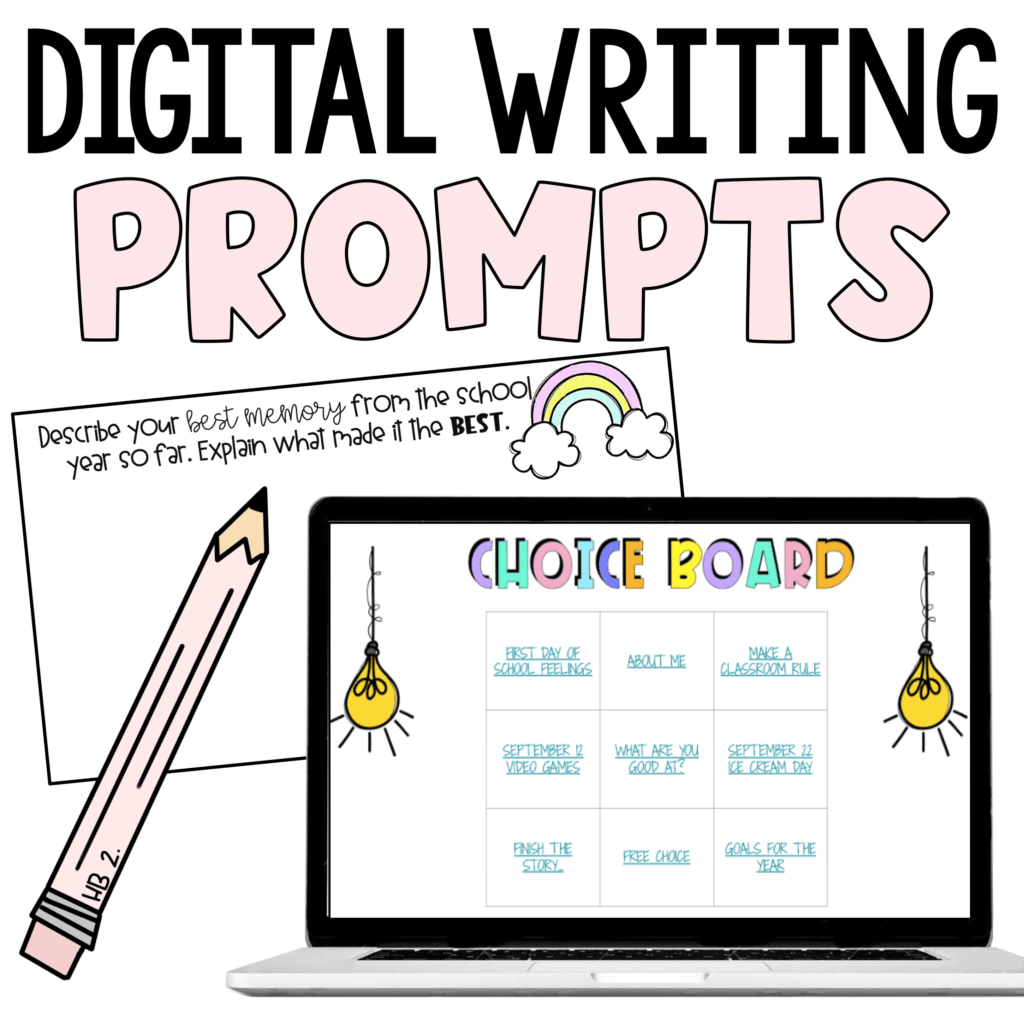


Reading Comprehension Strategies for Distance Learning
Reading comprehension strategies can be difficult to teach or assess during distance learning. In January, I started a system that is working! During reading, I assign a fiction/non-fiction piece and a graphic organizer that focuses on a reading comprehension strategy. Students fill out the organizers while they read and submit when they’re done.
I have an organizer for each of the main comprehension strategies we teach which helps ensure I have covered everything.
Fiction strategies: activating prior knowledge, making predictions, asking questions, making inferences, making connections, story map. Non-fiction strategies: cause and effect, problem and solution, compare and contrast, and sequencing.
This is a quick & easy way to check in with your readers. The best part is that these organizers are both printable and digital and can be reused throughout the entire year with different books & read alouds. Click here or click the image below to see more!
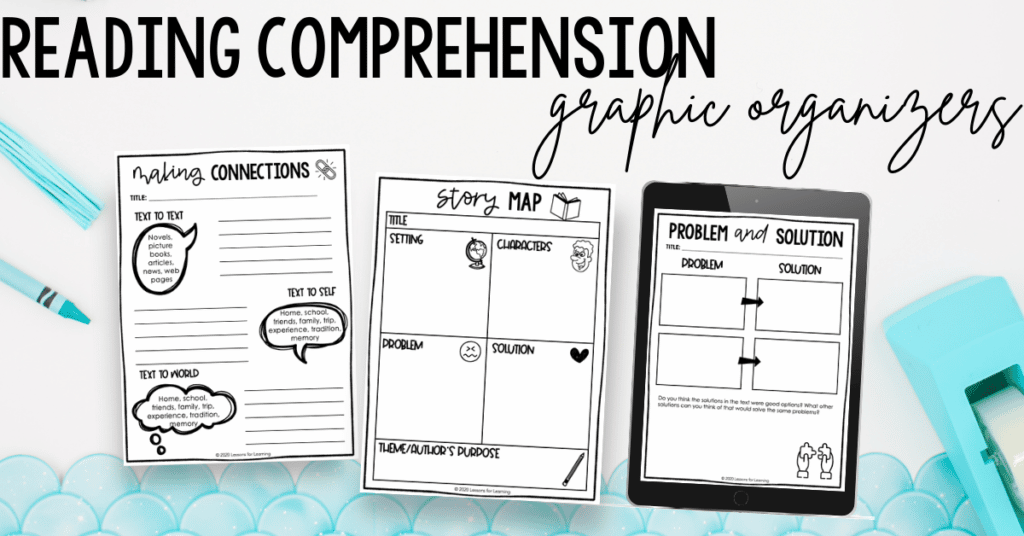
High-Engagement Activities
So as great as the organizers are… I also love assigning fun reading comprehension activities throughout the year to increase student engagement.
1. Character Traits
Last year I decided to become one with the VSCO girls and create a hydro-flask assignment. My class said it was their favourite project to date. In order to teach character traits, I thought – how fun would it be to have my students think about a character from Restart (our class read-aloud) and create stickers on label paper that represented their chosen character? We talked about explicit and implicit text evidence and how to assign accurate character traits.
Once everyone had their traits, I led a discussion on symbolism. We talked about how certain images/symbols could relate to their character in an obvious way but how others could be more implicit.
One example my students came up with for the word “courage” was a sticker of someone reaching/climbing to the top of a mountain or a fist in the air.
This was SUCH a fun project and could also be repurposed as a get-to-know-you activity for back to school. Click here or click the image below to see more!
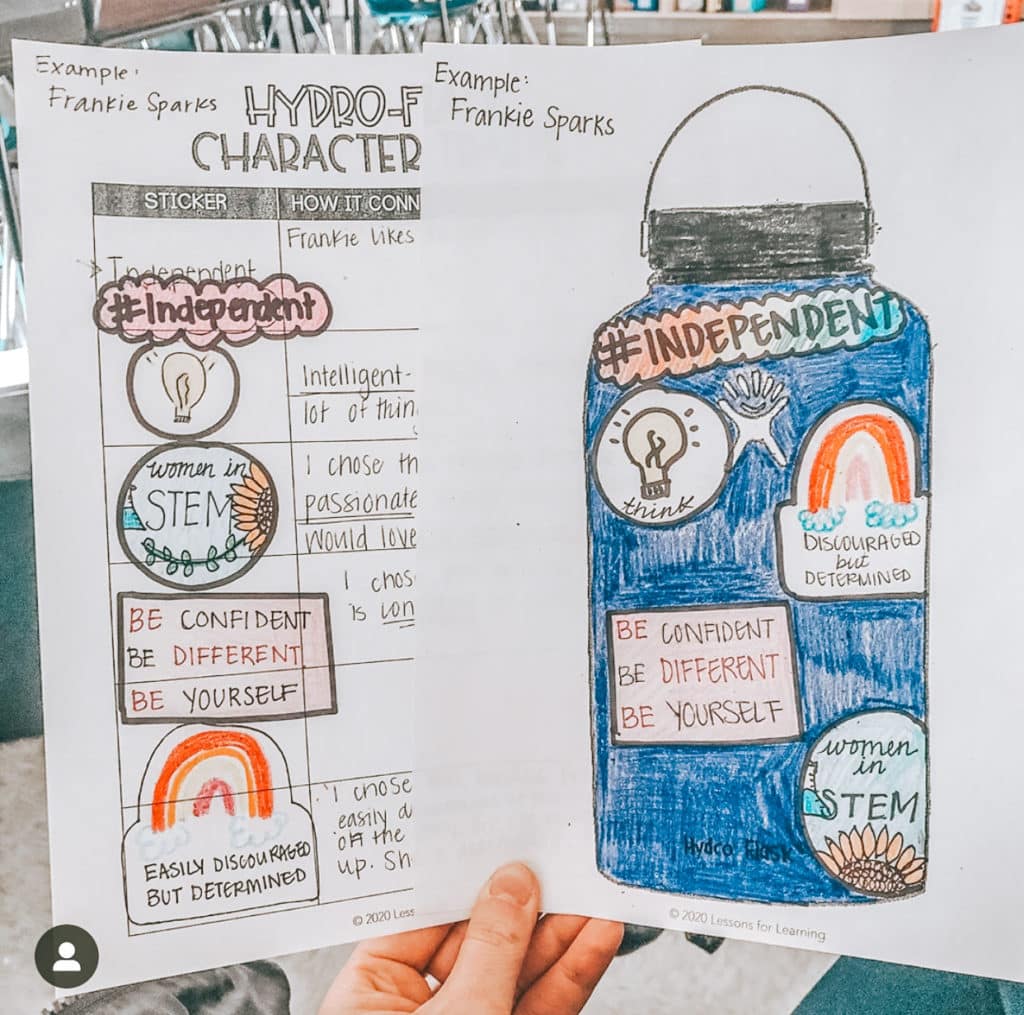
2. Inferencing through Song Lyrics
Last but not least. We know that teaching inferencing can be a challenge for all grade levels. It is difficult for a lot of our learners to “see past the text” and understand implicit meanings and messages. Last year, my Grade 5’s struggled with this so I had them ease into inferencing by listening to songs, reading their lyrics and answering questions that forced them to think about the deeper meaning. This allowed them to understand the kinds of questions they needed to ASK when making inferences about a text.
“Inferencing Through Song Lyrics” assignment here.

Looking for more distance learning tips?
How to Create Digital Resources for Google Classroom and TpT
